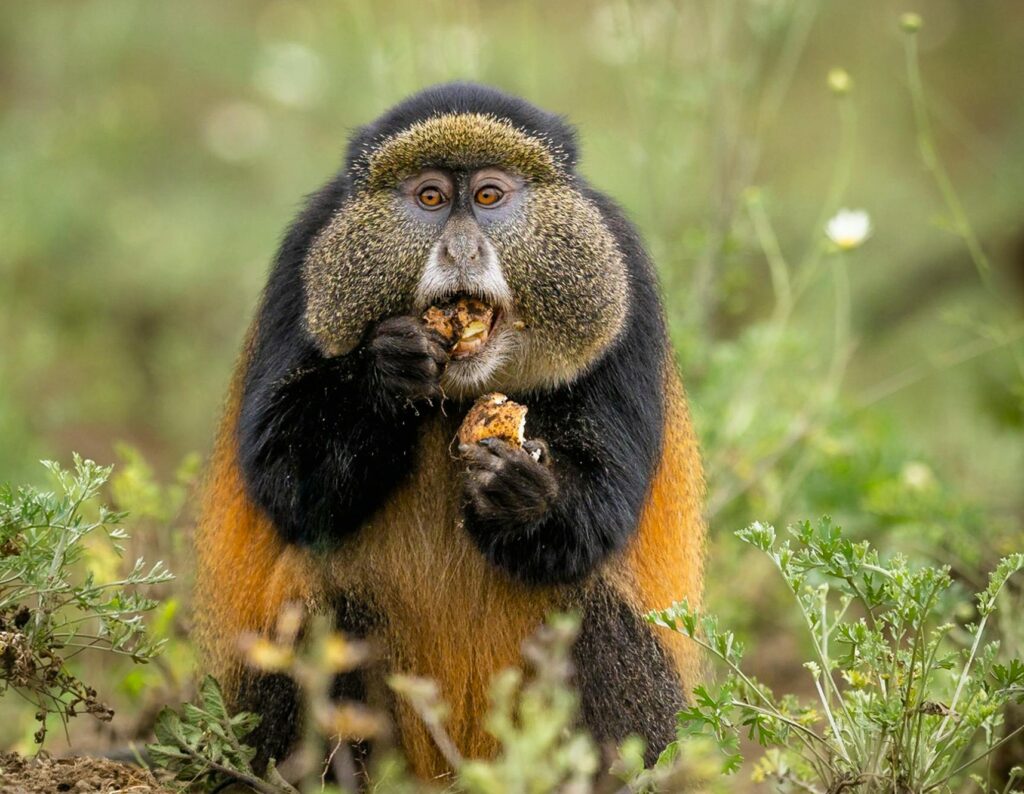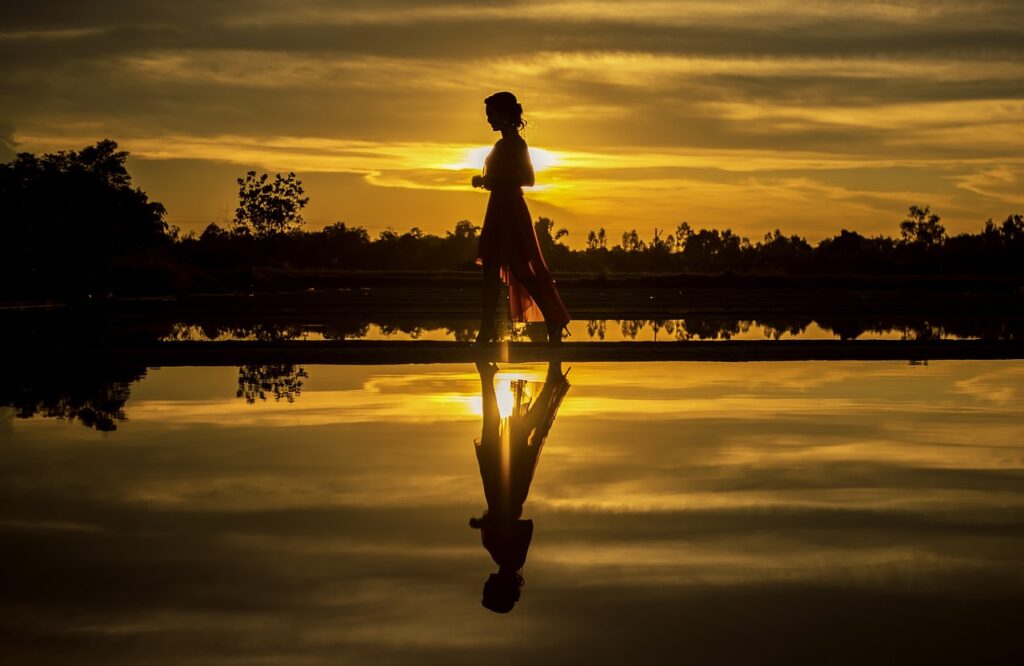Cultural experiences
Other services

Golden monkey tracking
Golden monkey tracking is one of the most unique and captivating wildlife experiences available in East Africa.

Community walks
Community walks around Lake Mutanda are a unique opportunity to step away from the typical tourist routes and immerse yourself in the lives of the Bakiga and Batwa communities that inhabit this region.
Cultural experiences
Nestled in the southwestern corner of Uganda, Lake Mutanda is a serene jewel in the Virunga mountain range, offering not only breathtaking landscapes but also a gateway to rich cultural experiences. This pristine lake, surrounded by rolling hills and dramatic peaks, provides visitors with the perfect setting to immerse themselves in the traditions and daily lives of the local communities that have called this area home for generations.
The communities around Lake Mutanda are predominantly Bakiga and Batwa people, each with unique traditions that offer visitors a profound understanding of their way of life. The Bakiga, known for their resilience and agricultural heritage, have a rich oral history that reflects their connection to the land. Visiting a Bakiga homestead allows travelers to learn about traditional farming methods, from cultivating bananas and sweet potatoes to brewing the popular local drink, banana beer. Guests are often invited to join in these activities, creating opportunities for meaningful interactions and hands-on experiences.
One of the most poignant cultural encounters near Lake Mutanda is with the Batwa people, the original forest dwellers of this region. Displaced from their ancestral forests during conservation efforts, the Batwa now live on the fringes of their former homes but strive to preserve their traditions. Through guided tours led by Batwa elders, visitors can gain insight into their history, traditional hunting techniques, herbal medicine practices, and ceremonial dances. Storytelling sessions, often accompanied by music, provide an intimate glimpse into their rich heritage and challenges.
Lake Mutanda’s location near Bwindi Impenetrable Forest and Mgahinga Gorilla National Park means that many cultural tours include visits to nearby community projects. These initiatives, often supported by eco-tourism, aim to uplift the local populations while preserving their heritage. Craft markets, for instance, showcase the talent of local artisans who create intricate baskets, beaded jewelry, and woven textiles. Purchasing these items not only provides travelers with unique souvenirs but also supports the artisans’ livelihoods.
A cultural journey around Lake Mutanda also includes vibrant performances of traditional music and dance. The drumbeats and melodic tunes of local instruments tell stories of love, harvests, and heroic tales. These performances, often arranged by community groups, are lively and interactive, encouraging visitors to join in the dances and celebrate the vibrant spirit of the people.
Local cuisine is another highlight of cultural exploration in the area. Meals prepared by community hosts offer a taste of traditional Ugandan dishes such as matoke (steamed bananas), groundnut sauce, and fresh fish from the lake. Sharing a meal becomes a moment of cultural exchange, as hosts often share stories about the significance of the dishes and the methods of preparation.
For those interested in eco-cultural tourism, canoeing tours on Lake Mutanda offer a unique way to explore the region. Along the way, visitors can stop at islands with cultural significance, where local guides share legends tied to these secluded spots. The tranquil waters provide a calming backdrop for learning about the spiritual and cultural connections the local people have with the lake.
The beauty of Lake Mutanda is not just in its picturesque scenery but in the warmth and hospitality of its people. Every interaction, whether through storytelling, crafts, or shared meals, leaves travelers with a deeper appreciation for the rich cultural tapestry of this region. A visit to Lake Mutanda is more than a journey into nature; it’s a heartfelt connection to the soul of Uganda’s diverse traditions and the resilient communities that keep them alive.
